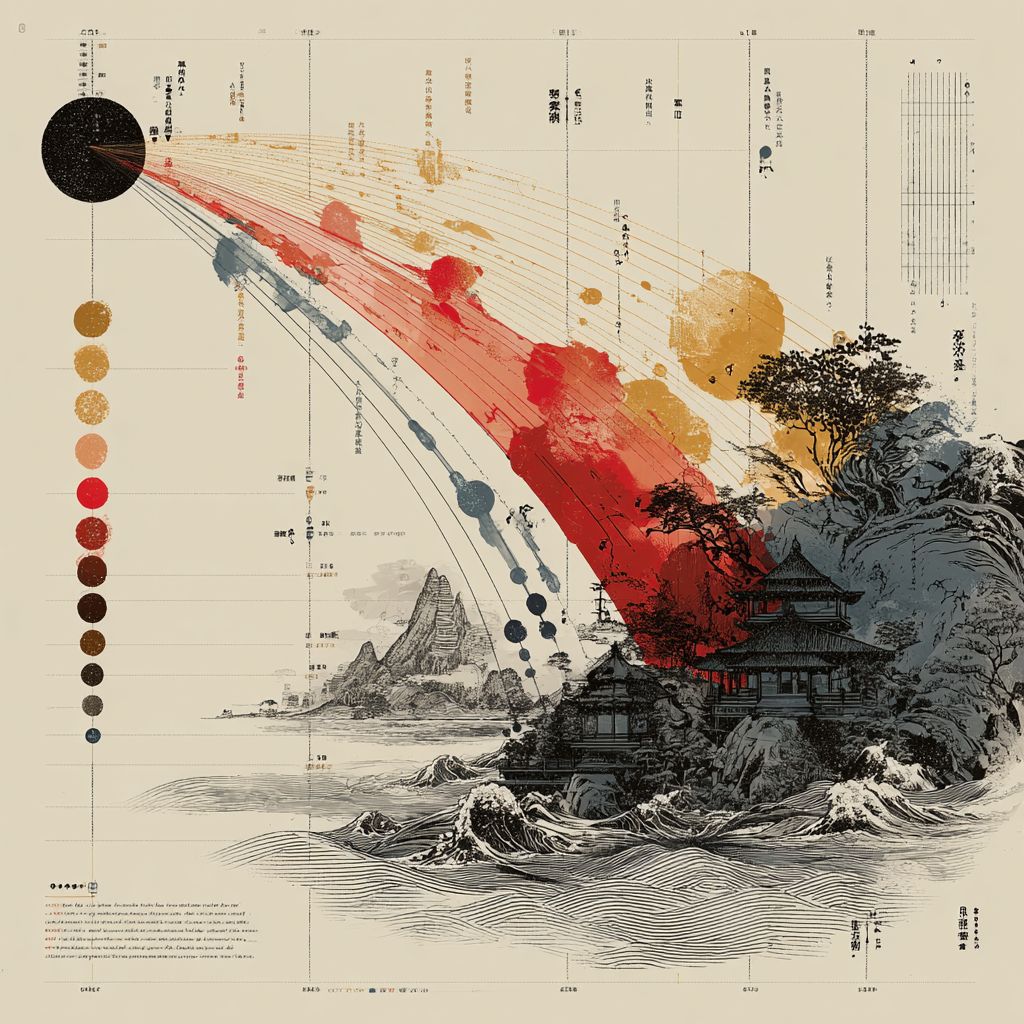In our hyperconnected world, anxiety has become an unwelcome companion for millions. While pharmaceutical interventions offer rapid relief, they often come with side effects and dependency concerns. Acupuncture and traditional medicine provide a natural alternative that treats anxiety at its source rather than merely masking symptoms.
Understanding Anxiety Beyond the Surface
Anxiety manifests differently for everyone, but common experiences include:
- Racing thoughts and constant worry
- Physical tension in shoulders, jaw, and stomach
- Shortness of breath and heart palpitations
- Insomnia and restless sleep
- Digestive issues and appetite changes
- Avoidance behaviors and social withdrawal
Traditional Chinese Medicine recognizes anxiety as often stemming from Shen (spirit) disturbance, frequently caused by heart and kidney imbalances, liver qi stagnation, or spleen deficiency affecting the mind’s stability.
The Science Behind Acupuncture’s Calming Effect
Modern research reveals that acupuncture stimulates the release of endorphins and GABA, the brain’s primary inhibitory neurotransmitter. This natural process helps:
- Regulate the nervous system’s stress response
- Lower cortisol levels and blood pressure
- Improve heart rate variability
- Enhance sleep quality and duration
- Reduce inflammatory markers associated with chronic stress
A comprehensive meta-analysis published in JAMA Psychiatry found that acupuncture treatments produced clinically significant anxiety reduction comparable to cognitive behavioral therapy, with effects lasting up to six months post-treatment.
Traditional Medicine’s Multi-Layered Approach
Point Selection: Specific acupoints like Yintang (EX-HN3) and Baihui (GV20) directly calm the mind, while Shenmen (HE7) and Taichong (LV3) address underlying organ imbalances contributing to anxiety.
Herbal Support: Formulas such as Gan Mai Da Zao Tang for emotional lability and An Shen Ding Zhi Wan for severe anxiety provide ongoing support between treatments.
Lifestyle Integration: Traditional medicine emphasizes dietary therapy, recommending foods that nourish the heart and calm the spirit, such as jujube dates, longan fruit, and lily bulbs.
Comparing Approaches: Integration Over Opposition
While anti-anxiety medications work by altering brain chemistry directly, acupuncture helps the body restore its natural balance. This fundamental difference means:
- No dependency or withdrawal concerns
- Cumulative benefits that strengthen over time
- Addressing root causes rather than symptom management
- Supporting overall health while treating anxiety
Many patients find the most success combining both approaches initially, gradually reducing medication under medical supervision as acupuncture treatments build resilience.


